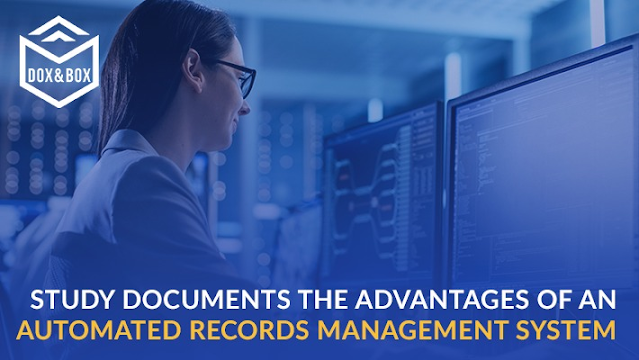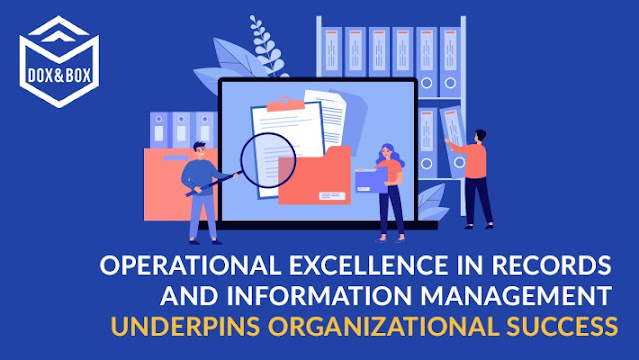What the Future of Record Management Looks Like
Data, records and all the confidential information holds a lot of importance for almost every organization. This is primarily why a lot is spent each year to manually store and safeguard sensitive records and information. From the era of storing records in hard formats, we have stepped into an era where they can be archived and stored digitally.
In this blog, we will take a closer look at some of the reasons why record management is important. Now more than ever is the time when organizations are realizing the importance of having in place an effective record management system. While many companies have understood the importance of going digital, there is equal importance given to physical storage of documents that need to be preserved.
Record management, on the whole, is the process through which supervision and administrative information are created, stored, and disposed of irrespective of the format in which it is stored. In other words, record management is the management of all organizational data throughout its lifecycle. Even with all the upgrades and technological innovation, there are a number of industries where the requirement is to keep hard records handy.
In the case where physical records are stored proper physical controls need to be set, such as holding all these records in locked storage cabinets and having in place a physical control log to track the access of all records. In general, there are a few steps that oversee the careful handling of physical records. Let us take a closer look at those steps.
Identifying the records: if a document is being presented as a legal record, physical records are needed that need to be authenticated by the forensics team. Authentication and identification of physical records is a key step in analysing which records can hold in the court of law. As per law, all records pertaining to finance, legal and medical need to be kept intact for a minimum of seven years.
Storing records: most organizations decide to store physical records in locked cabinets with minimum entry given to personnel. However, even in the case of physical records storage, there are extra steps taken like having in place a room with specialized environment control that includes temperature and humidity. Records that are crucial are stored in disaster-resistant safes and vaults to protect against natural calamities such as floods.
Disposal of physical records: the destruction of confidential documents and records are authorized by law. These records mostly include financial, health and legal data. Even the process of disposal of this data needs to be carefully documented and an inventory should be maintained for all data that has been disposed of.
Physical record management may seem obsolete but in most cases, there is a requirement to secure records the old school way. This is why, no matter how many technological trends take over, record management will always exist.
Source: https://www.doxandbox.com/blog-details/what-the-future-of-record-management-looks-like




Comments
Post a Comment